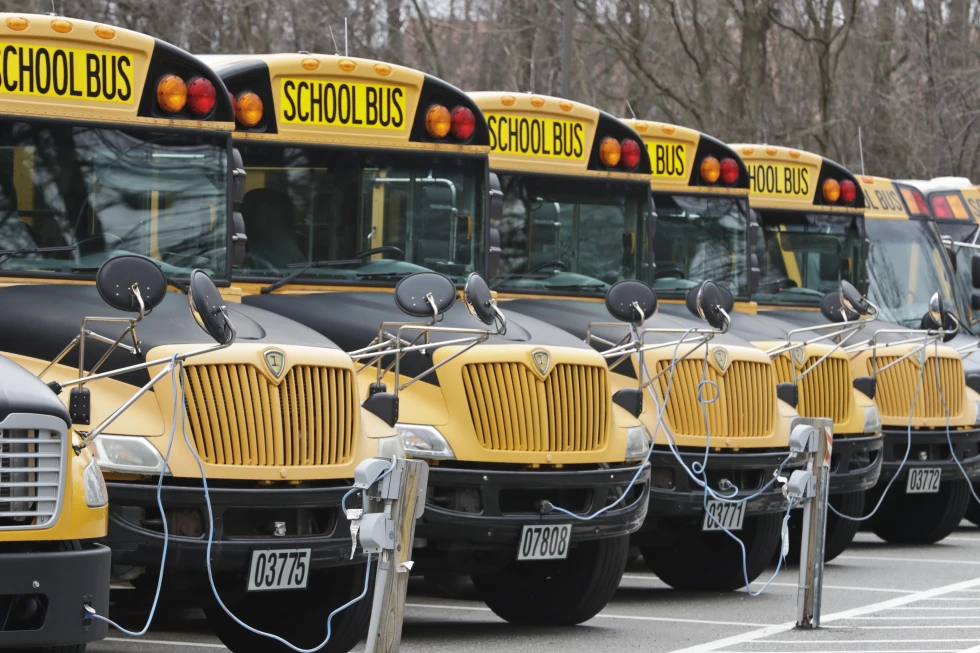Most Asian Americans, Native Hawaiians, and Pacific Islanders believe that U.S. schools should teach about race-related issues, according to a recent poll. They also oppose efforts to limit what can be discussed in classrooms.
In the survey conducted by AAPI Data and The Associated Press-NORC Center for Public Affairs Research, 71% of AAPI adults support teaching about the history of slavery, racism, and segregation in K-12 public schools. The same percentage also favors teaching about the history of Asian American and Pacific Islander communities in the United States. About half of those surveyed also support teaching about topics related to sex and sexuality.
There is a noticeable divide between AAPI Democrats and AAPI Republicans on these educational topics, with Democrats showing more support.
However, only 17% of AAPI adults believe that school boards should have the authority to restrict classroom discussions on certain subjects. A quarter of AAPI Republicans support such restrictions.

Students carry a sign in the protest (Via Kat West/Shutterstock)
The poll results suggest that attempts to politicize education through cultural issues have not resonated strongly within Asian American communities. Karthick Ramakrishnan, a public policy professor at the University of California, Riverside, and founder of AAPI Data, noted that despite widespread media coverage and policy debates, Asian American parents are less engaged in the culture wars surrounding K-12 education.
Asian Americans are a rapidly growing demographic, but challenges such as small sample sizes and language barriers often limit the analysis of their survey perspectives.
Glenn Thomas, a 53-year-old father of three who identifies as politically independent and is of Japanese and white heritage, expressed that while he supports discussions on race and gender in classrooms, he believes these topics should not dominate the curriculum’s focus.


























